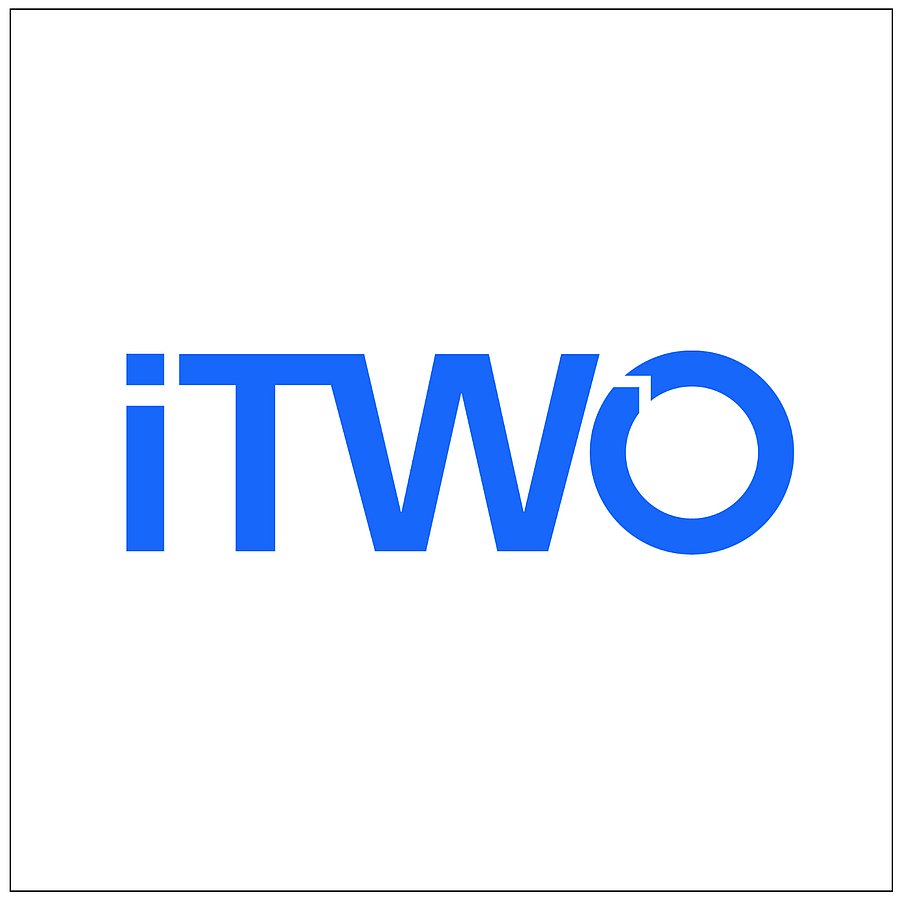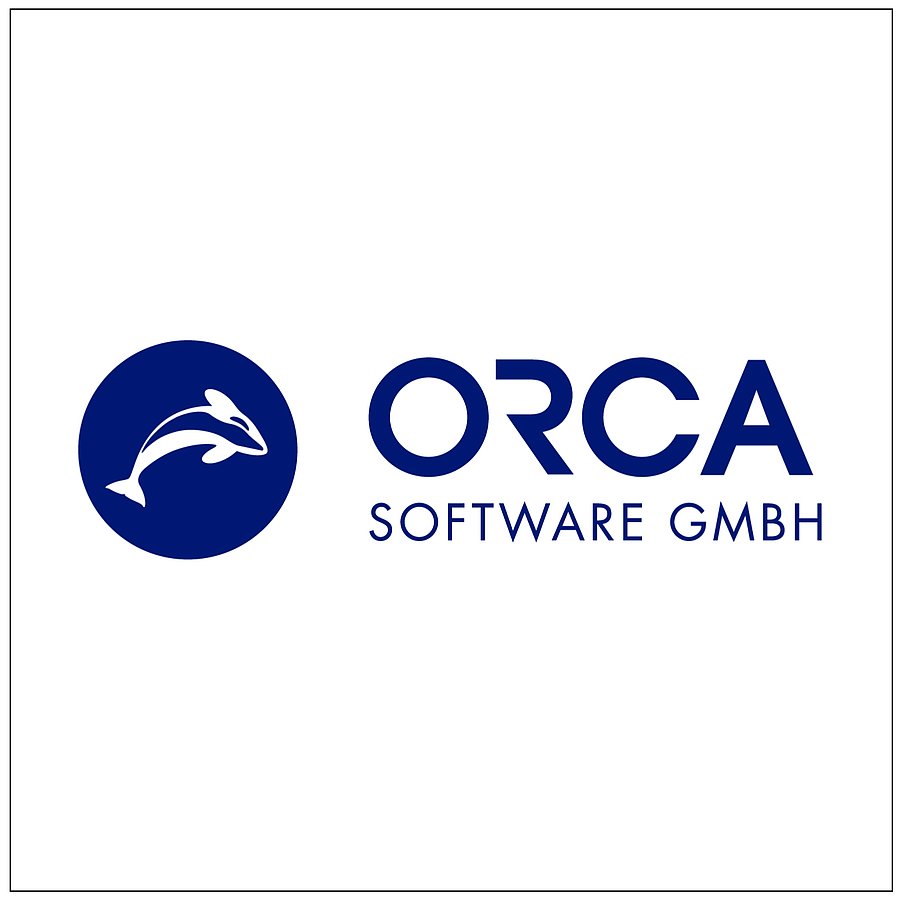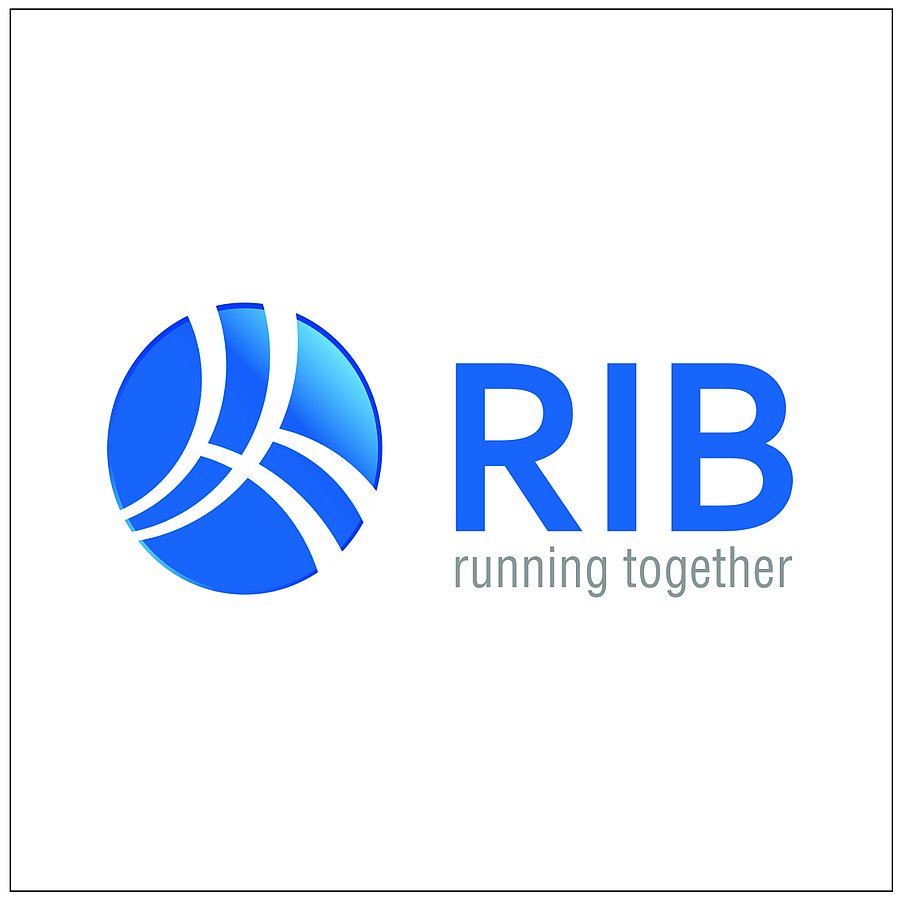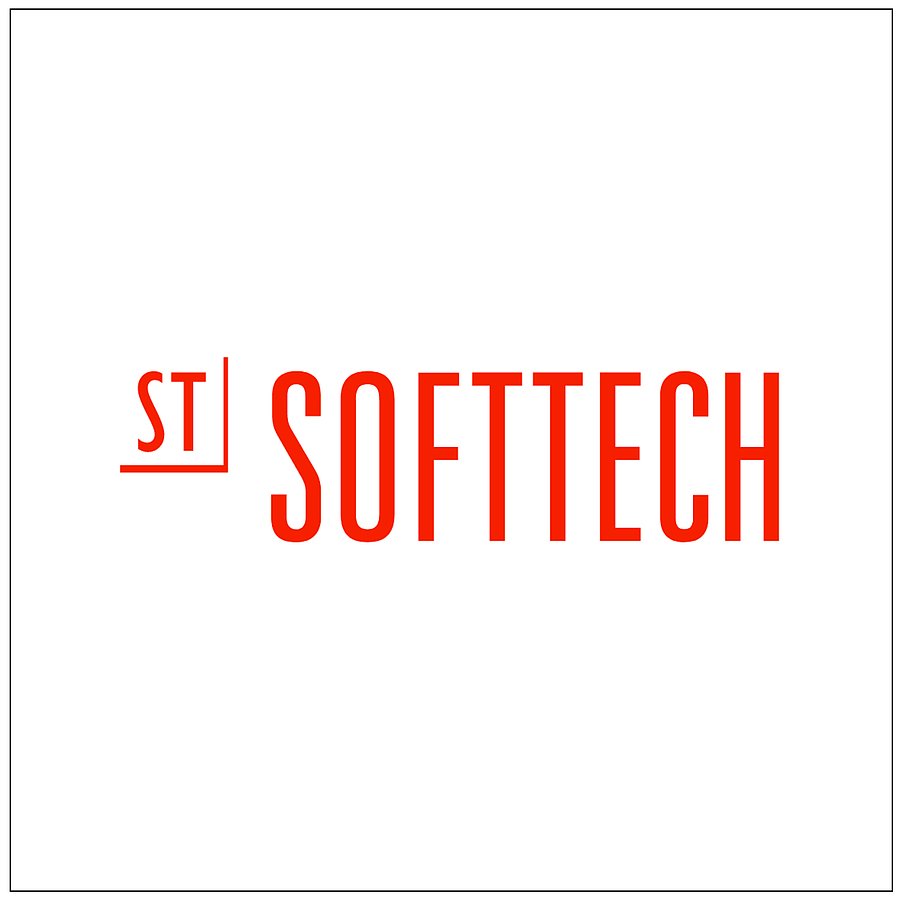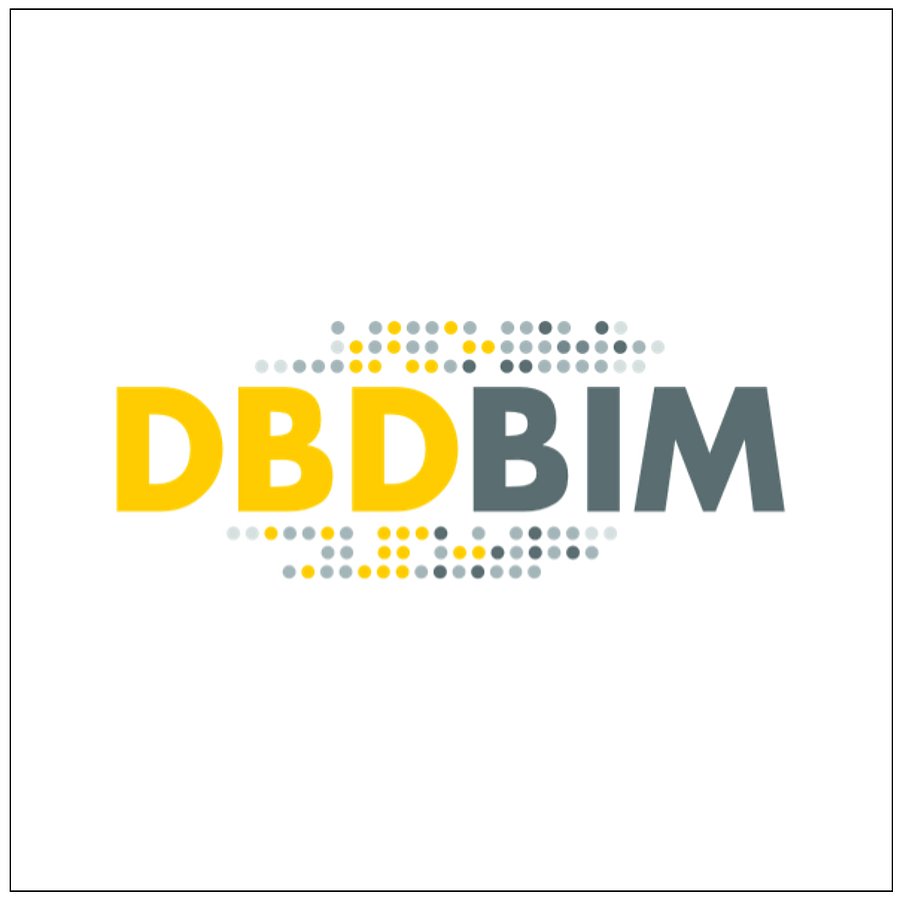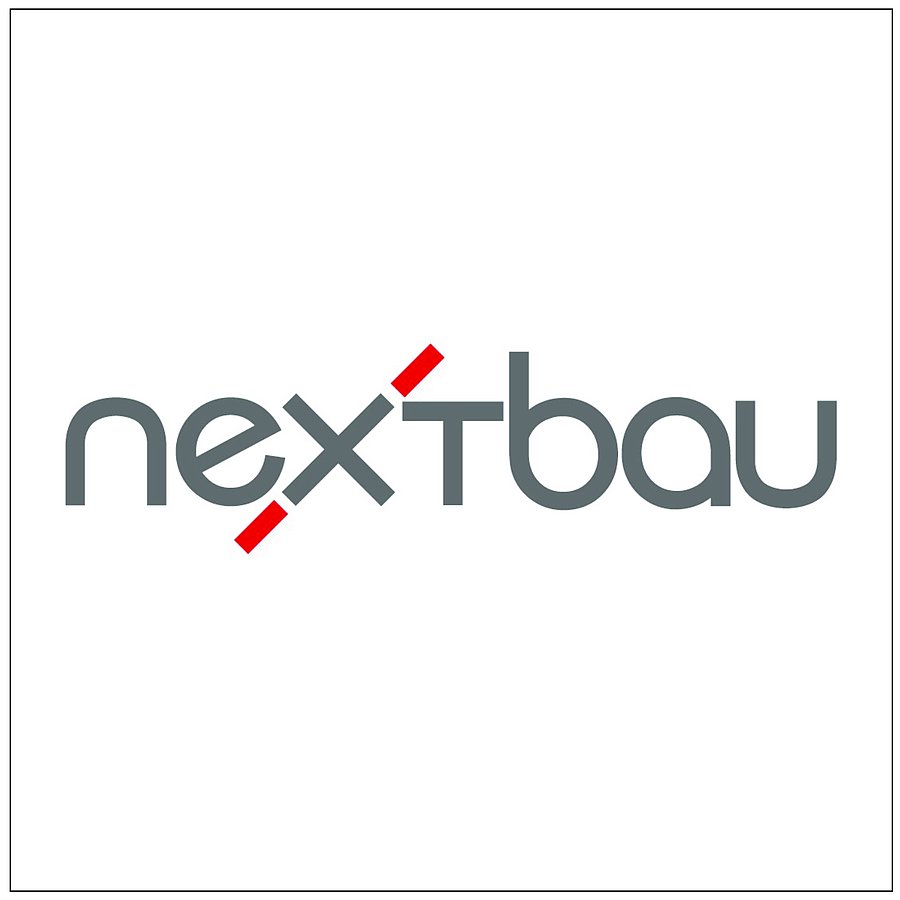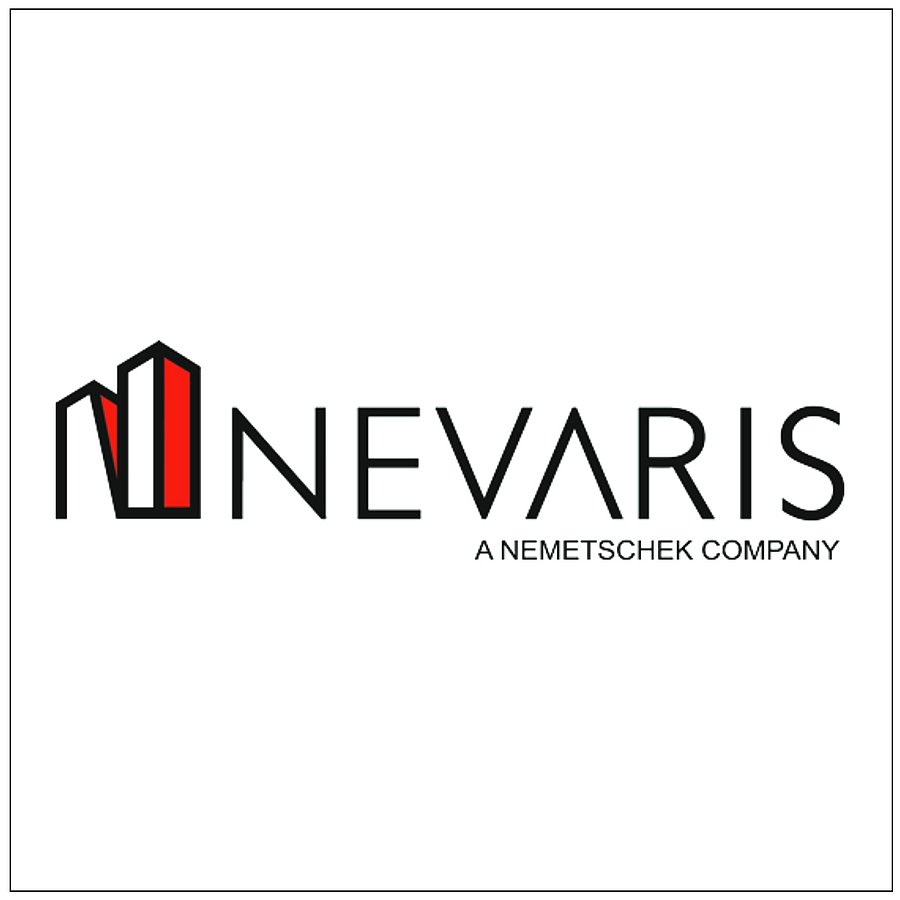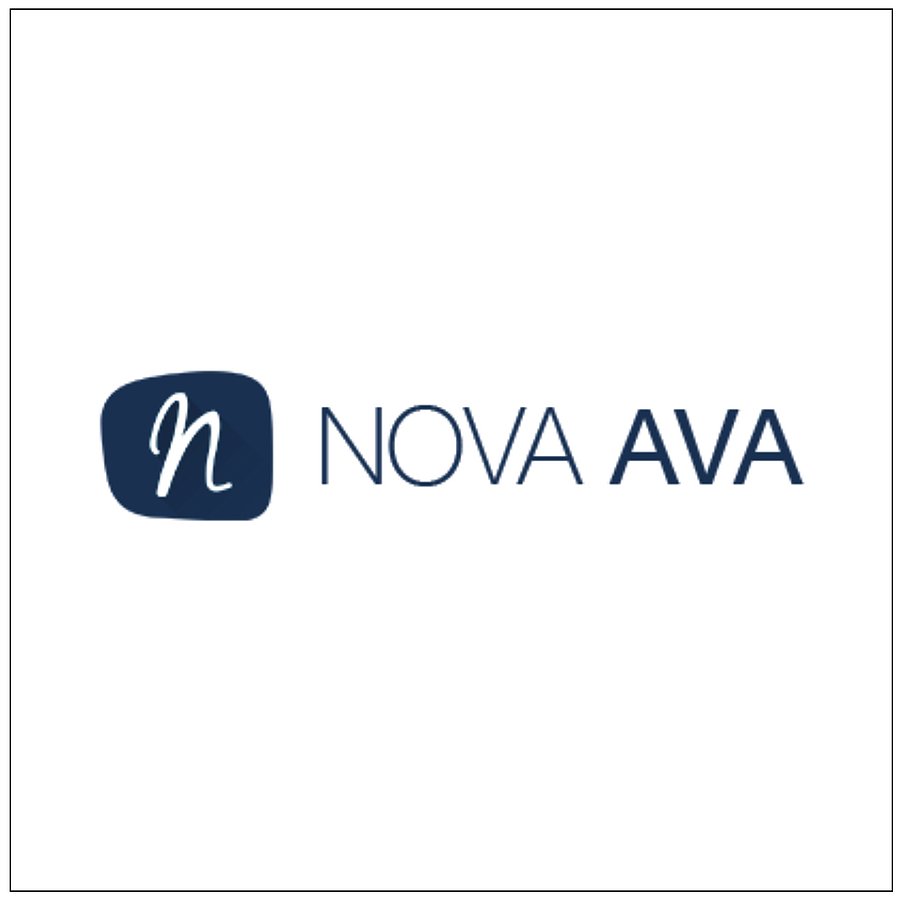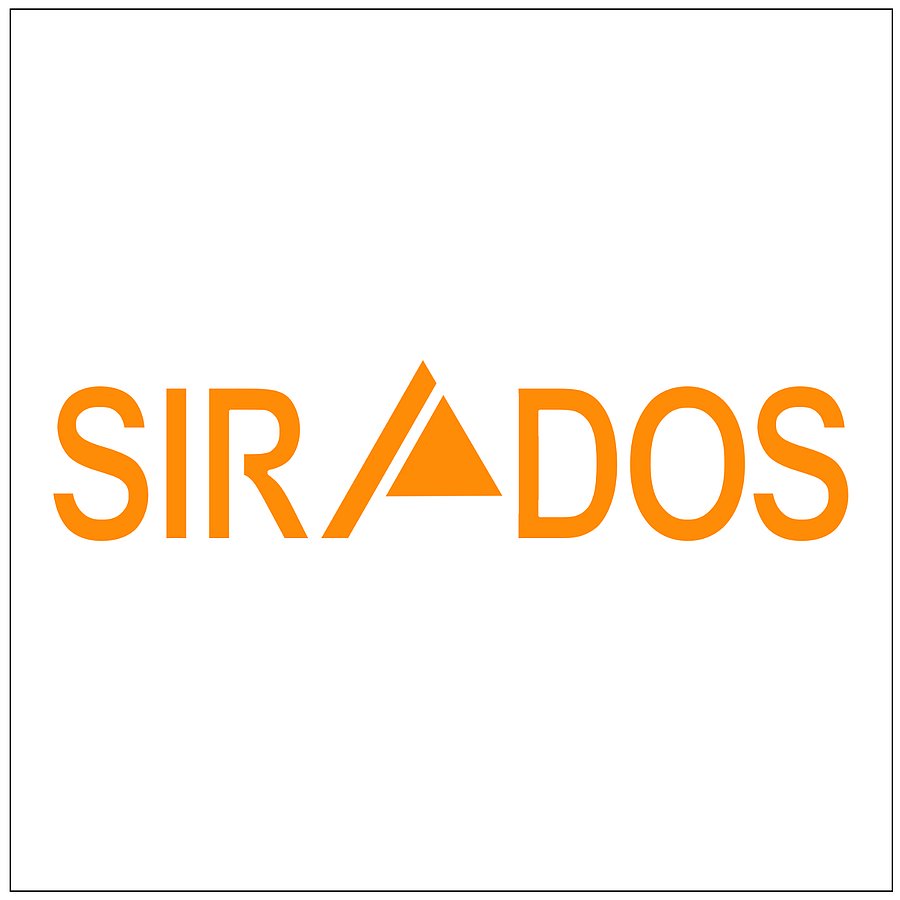BIM efficiency: Innovative cost management based on object-oriented building models
Funded by: Federal Institute for Research on Building, Urban Affairs and Spatial Development (BBSR) as part of the Zukunft Bau research initiative
Project duration: 01/2021 - 06/2022
German construction projects, especially those in the public sector, regularly make headlines due to considerable cost increases. Cost planning in the construction industry is predominantly based on non-transparent and decoupled determination and tracking processes, which are carried out by a large number of parties involved in the construction project. This conventional approach does not meet the requirements of modern cost management for construction projects. Transparent, end-to-end cost management is possible on the basis of the Building Information Modeling method.
Based on qualitative surveys, BIM-based cost management is already considered useful, but there is a lack of a standardized, universally valid process model for the complete establishment of software-independent, BIM-based cost management and thus the transformation of cost planning, tracking and control.
As part of the research project, a standard process model for BIM-based cost management is to be developed. This standard process model will be used to quantitatively demonstrate the efficiency and effectiveness advantages of the BIM method for cost management compared to conventional project execution. The investigations are based on the BIM process model already published by the University of Wuppertal. The research team, consisting of List Digital GmbH, the Institute for Applied Construction Informatics at Munich University of Applied Sciences (iabi) and the University of Wuppertal, is pursuing the research and development of a measurement metric to provide quantitative evidence.
The intention of this research project is to determine efficiency aspects in a user-oriented manner through a statistically valid, process-oriented comparison between conventional and BIM-based cost management. These efficiency and effectiveness benefits should generate widespread acceptance in the German construction industry and, in particular, contribute to a digital transformation in the construction industry, which is characterized by medium-sized companies.
The comparison between conventional and innovative approaches is carried out using guideline-based time measurement series. For this purpose, test persons with various specialist skills from the construction industry will simulate cost management using a sample project. The time series determined will be generalized using statistical methods. As a result, an evaluation of the software-neutral economic benefits of digital cost management based on the BIM method will be possible.
Practice partner


